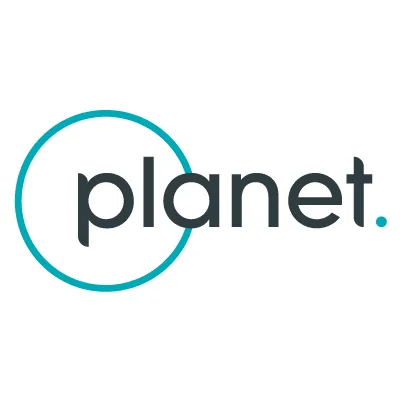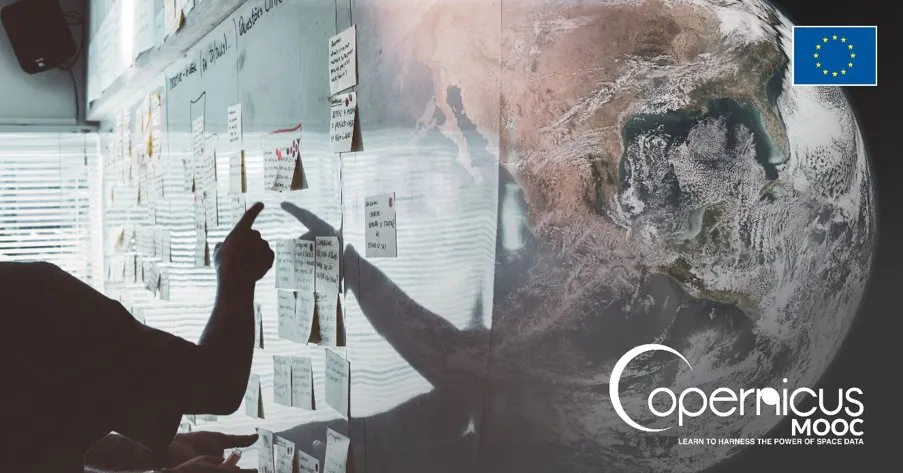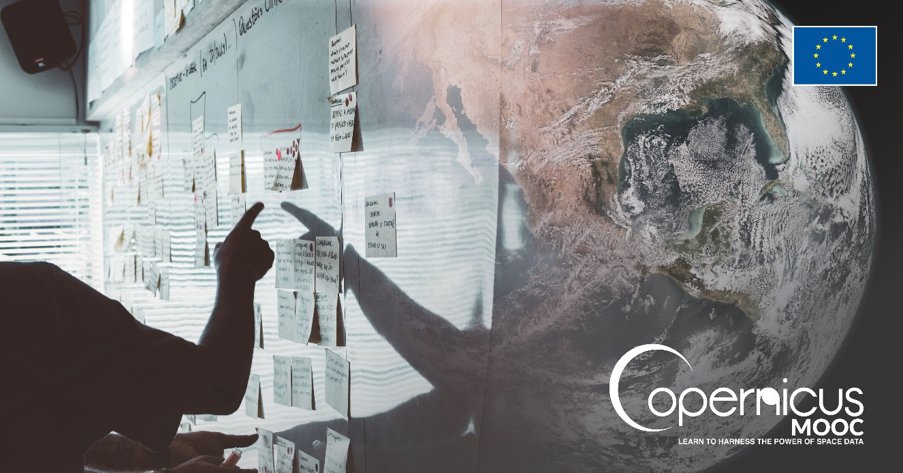If your company is looking for new talent and you want to share the opportunity with our community, feel free to submit a job using the online form for us to review and include in our list! If you would like to know more about our Geospatial Job Portal, read about it here.
If you are enthusiastic about location data or anything geospatial, then this is the job portal for you!
Looking for more positions in GIS, academia, product, or data science roles? Go directly to our searchable Geospatial Job Portal!
Featured Jobs
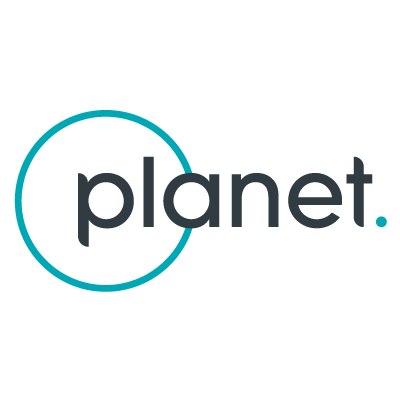 Planet Labs: Image Reconstruction Engineer
Planet Labs: Image Reconstruction Engineer
? San Francisco, CA, US
The Imaging Operations Team is looking for an Image Reconstruction Engineer/Scientist to help operate, optimize, and further develop the largest camera constellation ever deployed in space. They are responsible for system-level analysis, operations, simulations and development for our earth observation payload. The Payload group works at the intersection of hardware, software, and Product Engineering teams in the Space Systems Division. Good candidates will find it fun to work at the intersection of photography, science, systems engineering, and operations.
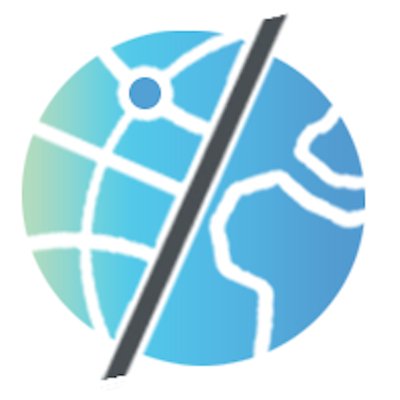 Cloud to Street: Research Scientist
Cloud to Street: Research Scientist
? Brooklyn, NY, US
 Optimal GEO: Geospatial Technical Lead
Optimal GEO: Geospatial Technical Lead
? St. Louis, MO, US
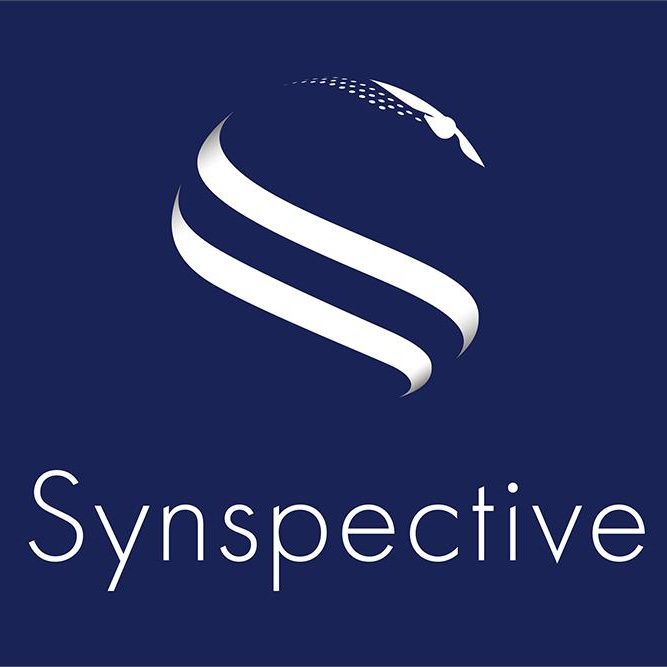 Synspective: Global Business Development
Synspective: Global Business Development
? Tokyo, Japan
 Geoblink: Senior Product Manager
Geoblink: Senior Product Manager
? Madrid, Spain
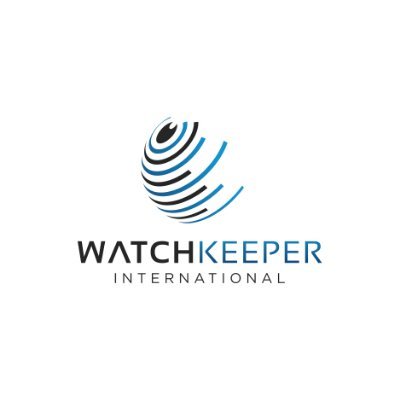 WatchKeeper International: Product Designer UI/UX
WatchKeeper International: Product Designer UI/UX
? London, UK
Even if these jobs may not be for you, they may help out someone in your network. Please share!
And if there are any specific things you’d like to see in our job portal, feel free to get in touch. Be sure to follow us on LinkedIn as well!


